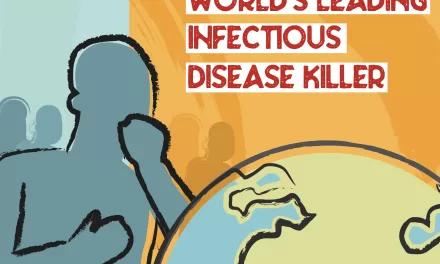Recent research presented at the ATS 2024 International Conference reveals a troubling connection between extreme heat events and increased asthma hospital visits among children in California. The study, conducted by researchers from the University of California, San Francisco School of Medicine, underscores the critical impact of climate change on vulnerable populations, particularly children with asthma.
“We found that both daily high heat events and extreme temperatures that lasted several days increased the risk of asthma hospital visits,” said Morgan Ye, MPH, research data analyst in the Division of Pulmonary and Critical Care Medicine at UCSF. “Understanding the impacts of climate-sensitive events such as extreme heat on a vulnerable population is key to reducing the burden of disease due to climate change.”
The research team, led by Ye, analyzed electronic health records from UCSF Benioff Children’s Hospital Oakland from 2017 to 2020. The data included asthma hospital visits and patient demographics, along with information from the PRISM Climate Group of Oregon State University on daily maximum and minimum temperatures for each zip code. Focusing on the warm season (June to September), the researchers assessed the effects of heat waves using 18 different definitions, including the 99th, 97.5th, and 95th percentiles of temperature distributions for varying durations.
The findings were significant: daytime heat waves were associated with a 19 percent increase in the odds of children’s asthma hospital visits. Longer heat waves doubled the odds of hospital visits. However, no associations were observed for nighttime heat waves.
“We continue to see global temperatures rise due to human-generated climate change, and we can expect a rise in health-related issues as we observe longer, more frequent, and severe heat waves,” Ye stated. “Our research suggests that higher temperatures and increased duration of these high heat days are associated with increased risk of hospital visits due to asthma. Children and families with lower adaptation capacity will experience most of the burden. Therefore, it is important to obtain a better understanding of these heat-associated health risks and susceptible populations for future surveillance and targeted interventions.”
While previous studies have indicated a link between extreme heat and asthma, findings related to hospitalizations have been mixed. This study stands out for its focus on children and its examination of both daily high temperatures and prolonged extreme heat.
The San Francisco Bay Area and California, in general, present unique challenges. The region’s coastal climate means fewer homes are equipped with cooling units like air conditioners. This study shows that even milder extreme heat can significantly impact health, particularly among children and medically vulnerable populations served by urban pediatric health centers.
The authors hope these findings will drive more equitable health outcomes and reduce racial and ethnic disparities seen in climate-sensitive events. “These results can be used to inform targeted actions and resources for vulnerable children and alleviate health-related stress during heat waves,” they concluded.
As climate change continues to influence weather patterns, understanding and mitigating its health impacts, especially on children, is more crucial than ever.











